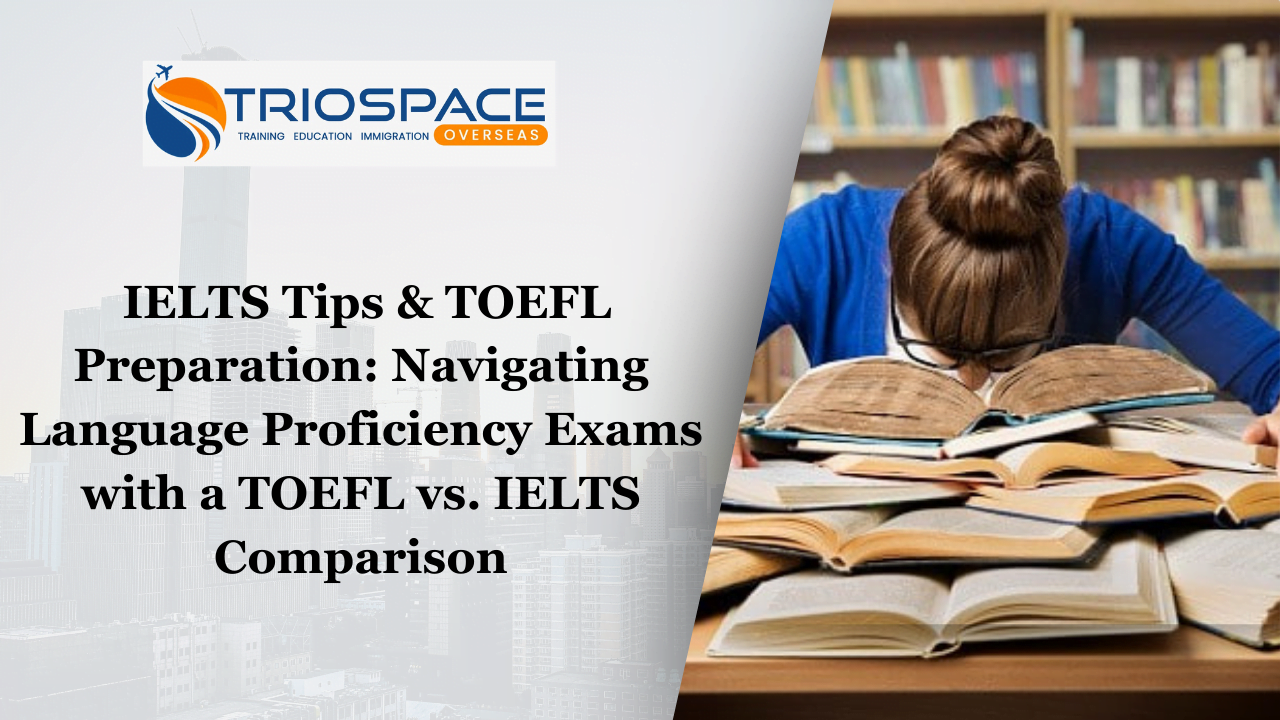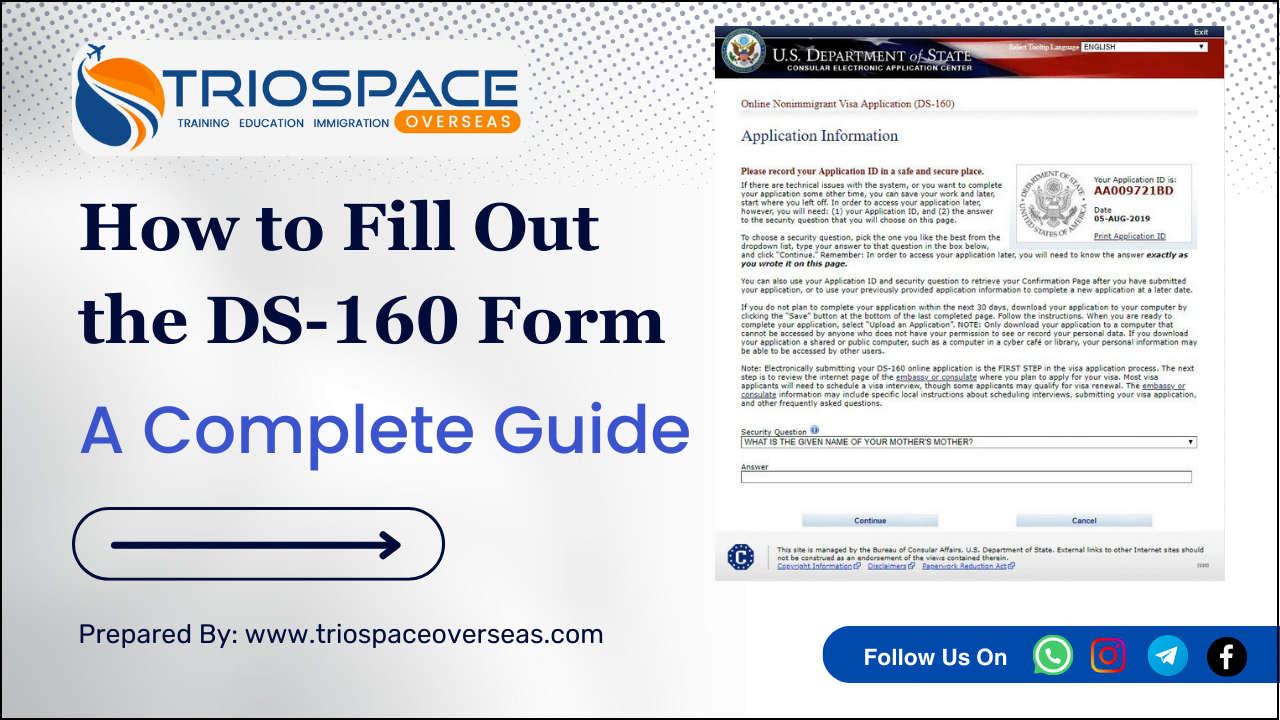
For academic and professional purposes, the TOEFL (Test of English as a Foreign Language) and IELTS (International English Language Testing System) are both widely accepted in many countries across the world. Top IELTS coaching in Hyderabad. The particular acceptance of these tests may differ based on the particular institutions and organizations in each nation.
IELTS:
IELTS exams are widely accepted in the United Kingdom, Australia, Canada, New Zealand, the United States, and Ireland as a standard measure of English proficiency. These countries use IELTS scores for admission to universities, colleges, and vocational institutions, as well as for immigration and employment purposes. IELTS assesses four language skills: listening, reading, writing, and speaking, making it a comprehensive evaluation of English language abilities. Each country and institution may have specific score requirements, so it’s essential to verify the exact criteria set by the organization you are applying to. Overall, IELTS is a globally recognized English language proficiency test. IELTS online coaching in Hyderabad
TOEFL:
TOEFL exams are widely accepted in the United Kingdom, Canada, New Zealand, the United States, and Ireland as a standardized measure of English proficiency. In the United Kingdom, TOEFL scores are recognized by universities and institutions for academic admissions. Canadian universities and immigration programs often accept TOEFL results for admission and residency purposes. Similarly, New Zealand institutions acknowledge TOEFL for academic purposes. In the United States, TOEFL is a widely accepted test for English proficiency in academic settings. Ireland also recognizes TOEFL scores for academic and professional purposes, contributing to language assessment for various applications in these countries.
| Level | CEFR | IELTS (9.0) | TOEFL iBT (120) |
| Basic user | A1 | N/A | N/A |
| A2 | N/A | N/A | |
| Independent user | B1 | 0-4 | 0-31 |
| 4.5 | 32-34 | ||
| 5 | 35-45 | ||
| B2 | 5.5 | 46-59 | |
| 6 | 60-78 | ||
| 6.5 | 79-93 | ||
| Proficient user | C1 | 7 | 94-101 |
| 7.5 | 102-109 | ||
| 8 | 110-120 | ||
| C2 | 8.5 | N/A | |
| 9 | N/A |
Deciding to take the TOEFL or IELTS for your academic journey can be difficult, particularly when comparing the two tests. Many people are unsure of which international test of English language proficiency is best for their objectives. Before selecting a final exam, it is imperative to comprehend the advantages, disadvantages, and structure of each exam. Exploring Language Proficiency.
Need help with your IELTS Tips & TOEFL Preparation? Seek expert guidance at Triospace Overseas.
Exams:
The two tests, TOEFL and IELTS, are nearly identical in terms of international recognition. Many academic and corporate institutions support both exams, making TOEFL preparation a key aspect of your academic readiness.
Recognizing Global Acceptance:
However, IELTS is the most popular international English language test, recognized by over 12,000 organizations across 140 nations. This makes it the best option if one of your goals is to travel the world and experience a wide range of cultures.
Tailoring Your Choice:
It is beneficial to have selected your desired travel destination, down to a single continent and nation, before deciding between TOEFL and IELTS. Whether it’s the TOEFL or the IELTS, colleges, and companies usually provide comprehensive information about the kind of test they require you to take.
The Most Well-Liked Exams
The most well-liked high-stakes English language exam in the UK and most of Europe is the IELTS, which was created by Cambridge English, a division of the University of Cambridge. The majority of American universities, including Educational Testing Service (ETS), the company that administers the TOEFL, accept it as well. This implies that you can go anywhere you want to go with an IELTS.
Speaking:
The speaking portion of the exam differs significantly. If you think speaking English to a live audience feels more natural to you than speaking into a microphone, the IELTS speaking tips may be a better fit. The oral portion is delivered as though it were a typical discussion. The test instructor will have you alone while they record you answering a series of general questions about your hometown and even your pet on tape. The 20-minute oral TOEFL exam is divided into six sections. There will be both personal and academic questions. Additionally, you will receive a brief text or conversation, and you will be asked to summarise the content. You will have time allotted for each section.
Listening:
During the TOEFL listening portion, you will hear from subject matter experts and then be required to take notes and respond to multiple-choice questions. However, you will have to respond to the questions on the IELTS while the audio is playing. IELTS tips& questions will include filling in the blanks, finishing sentences, and selecting true or false. Furthermore, the TOEFL uses an American accent, whereas the IELTS tips use a variety of accents. The IELTS speaking exam lasts for thirty minutes, compared to an hour for the TOEFL.
Writing:
Both exams have a writing portion with two sections where you have to write a brief essay. You must read a brief text on a particular subject in the TOEFL’s first section and then pay attention to a two-minute lecture on the same subject. After that, you’ll have to write a brief (300–350 words) answer to a question regarding this subject.
You will need to write another brief essay for the second section. In the first section of the IELTS, you will be given a graph or chart, and your task is to write a brief essay using the information on it. You will be given an argument or a point of view in the second IELTS section, and you have to write a 200–250 word response to it.
The primary distinction between the two exams is that the essay on the TOEFL must be typed on a computer, but the IELTS tips require handwriting. Knowing what you are comfortable with is important; if you are not familiar with using a computer keyboard, you should take the IELTS. However, you will find the TOEFL easier to complete if you type quickly. You should also take into account how legible your handwriting is; if it is difficult for the examiner to read, points may be docked.
Reading:
Academic texts are given to you for both exams and afterward, you’ll answer questions based on how well you understood the material. The multiple-choice, three- to five-part questions on the TOEFL are identical to those on every other section of the test. This section of the IELTS is divided into three sections, each with a different set of questions that include fill-in-the-blank and short answer options. Both tests have the same time limit—you have 20 minutes to finish each section.
Conclusion:
TOEFL preparation stands as a pivotal foundation for success in the realm of English language proficiency. It involves not only understanding the test’s structure but also delving into effective strategies for each section. The skillful utilization of TOEFL preparation resources, including practice tests, study guides, and online materials, is paramount. Recognizing the academic focus of TOEFL and tailoring your readiness accordingly ensures a robust foundation for achieving optimal scores.
For those opting for the IELTS journey, a set of invaluable tips becomes your triumph guide. From IELTS tips for the reading and listening sections to insightful strategies for the writing and speaking components, a holistic approach is key. Engaging in English conversations, expanding vocabulary, and practicing regularly are among the proven IELTS speaking tips that elevate your performance. Acknowledging the diversity of accents in the IELTS speaking section and embracing fluency over perfection contribute to a well-rounded preparation approach.
Frequently Asked Questions (FAQ):
1: How do I decide between TOEFL and IELTS?
Deciding between TOEFL and IELTS involves considering your destination, institutional preferences, and personal comfort with test structures. TOEFL preparation is crucial for those inclined towards the U.S., while IELTS tips cater to a global audience.
2: Can I use the same TOEFL preparation resources for IELTS?
While some aspects overlap, it’s recommended to tailor your approach. Specific IELTS speaking tips, especially for the speaking section, may not be covered in TOEFL preparation resources. Utilise dedicated resources for each exam.
3: Are there specific IELTS tips for the speaking section?
Yes, IELTS speaking tips are essential for success. These include recording practice sessions, diversifying vocabulary, and focusing on fluency. Embrace spontaneity, engage in English conversations, and address questions comprehensively.
4: How long should I engage in TOEFL preparation?
The duration of TOEFL preparation varies. Consistent practice over several weeks is recommended. Devote time to each section, emphasizing strengths and addressing weaknesses. IELTS tips, if considered concurrently, can enhance overall language proficiency.



















